Zelenskyy reportedly approved operation to blow up Nord Stream and then tried to stop it – WSJ
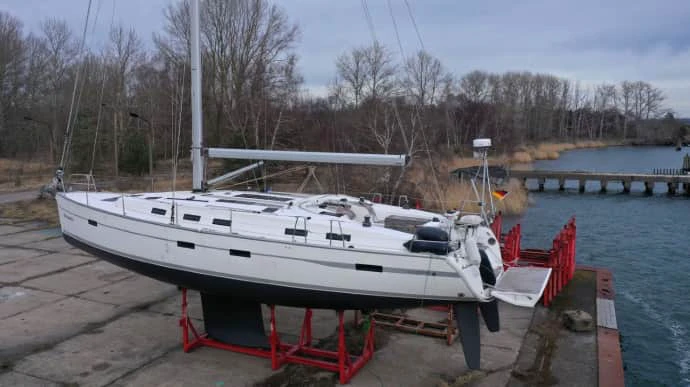
The Wall Street Journal has published an article stating that Ukrainian President Volodymyr Zelenskyy approved the operation to undermine the Nord Stream gas pipeline and then tried to cancel it.
Source: European Pravda with reference to The Wall Street Journal
Details: The article notes that in May 2022, several high-ranking Ukrainian military officers and businessmen gathered at a meeting, at which one participant proposed a radical step—to destroy the Nord Stream. An agreement was supposedly reached that businessmen would finance and help implement the project, as the army did not have the funds to do so.
People involved in the operation said that it took US$300,000 to implement the plan.
The operation involved a small rented yacht, the Andromeda, with a crew of six people, including trained civilian divers and a woman whose presence supposedly helped create the illusion that the divers were friends on a cruise.
Quote from one officer who was involved in the plot: "I always laugh when I read media speculation about some huge operation involving secret services, submarines, drones and satellites. The whole thing was born out of a night of heavy boozing and the iron determination of a handful of people who had the guts to risk their lives for their country."
More details: Zelenskyy initially approved the plan verbally, as several sources and one officer involved said. But later, when the CIA found out about it and asked Zelenskyy to abort the operation, he ordered that it be stopped.
Nevertheless, Valerii Zaluzhnyi, Commander-in-Chief of the Ukrainian Armed Forces at the time, who supposedly supervised the operation, decided to move forward with the plan. He supposedly engaged the best Ukrainian special operations officers with experience in organising risky covert missions against Russia to coordinate the attack. One of them was Roman Chervinskyi, a colonel who had previously served in the Security Service of Ukraine.
Three people mentioned that Zaluzhnyi told Zelenskyi that the sabotage team, once dispatched, was incommunicado and could not be stopped because any contact with them could compromise the operation.
Chervinskyi and the sabotage team initially explored an older, more elaborate plan to blow up the pipeline. After rejecting this idea due to its cost and complexity, they settled on using a small sailboat and a six-person crew.
One crew member, an active-duty military officer who had participated in combat, was an experienced skipper, and four were experienced deep-sea divers. The skipper had taken a short leave from his unit, fighting on the frontline in Ukraine’s southeast, and his commander’s identity was kept secret.
The crew set off with only diving equipment, satellite navigation, portable sonar, and open seabed maps showing the pipelines' positions. People familiar with the German investigation said that the four divers worked in pairs with high-powered explosives known as HMX, which were wired to timed detonators, in the pitch-black icy water.
Severe weather conditions forced the crew to make an unscheduled stop in the Swedish port of Sandhamn. One of the divers accidentally dropped an explosive device on the seabed. The crew briefly discussed whether to abort the operation due to bad weather, but the storm soon subsided. Witnesses from other yachts that were docked in Sandhamn noted that the Andromeda was the only vessel with a small Ukrainian flag on its mast.
The WSJ spoke to four senior Ukrainian defence and security officials who were either involved in the planning or had direct knowledge of it. They all stated that the pipelines were a legitimate target in Ukraine's defensive war against Russia.
The German investigation did not establish a direct link between President Zelenskyy and the covert operation.
Zaluzhnyi, now Ukraine's Ambassador to the UK, said in text correspondence that he was unaware of such an operation and that any suggestion about it was "a simple provocation". He added that the Ukrainian Armed Forces are not authorised to conduct foreign missions, and therefore he did not take part in them.
Background:
- On 14 August, several German media outlets, including ARD, Süddeutsche Zeitung (SZ) and Die Zeit, reported that in early June, German Prosecutor General Rommel issued the first arrest warrant for the main suspect in the bombing, Ukrainian diving instructor Volodymyr.
- The German Federal Prosecutor's Office did not comment on media reports that it had issued an arrest warrant for a Ukrainian citizen in connection with the Nord Stream bombing.
- However, Spiegel reported that Volodymyr, whom Germany was going to arrest in Poland for his participation in the Nord Stream gas pipeline bombing, left Polish territory as he had probably been warned about their intention to have him arrested.
Support The-News by becoming our patron! Your help keeps us thriving. Thank you!
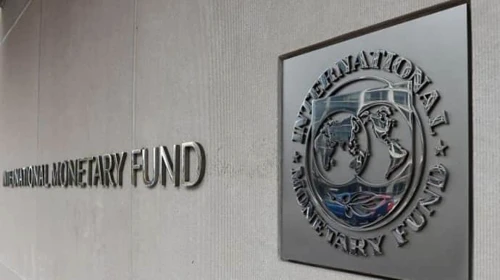
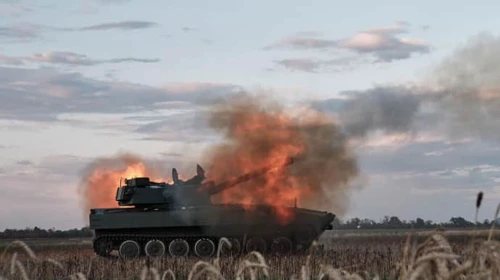
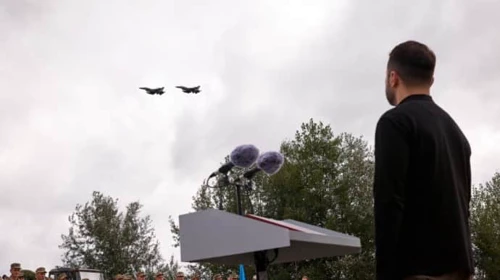
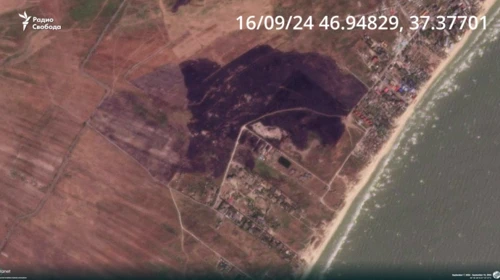
To leave a comment, please log in.